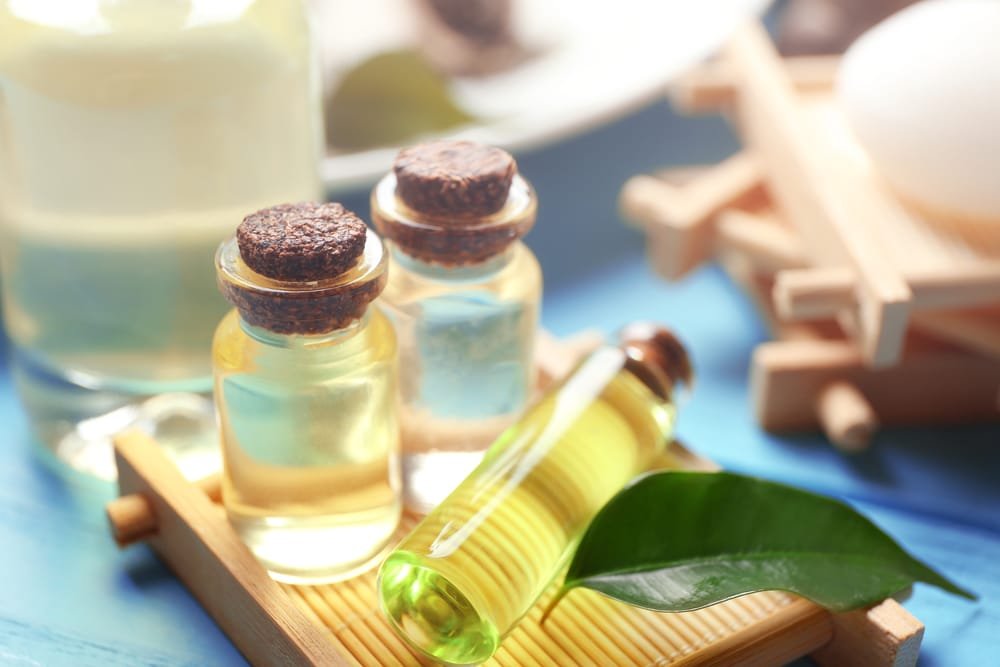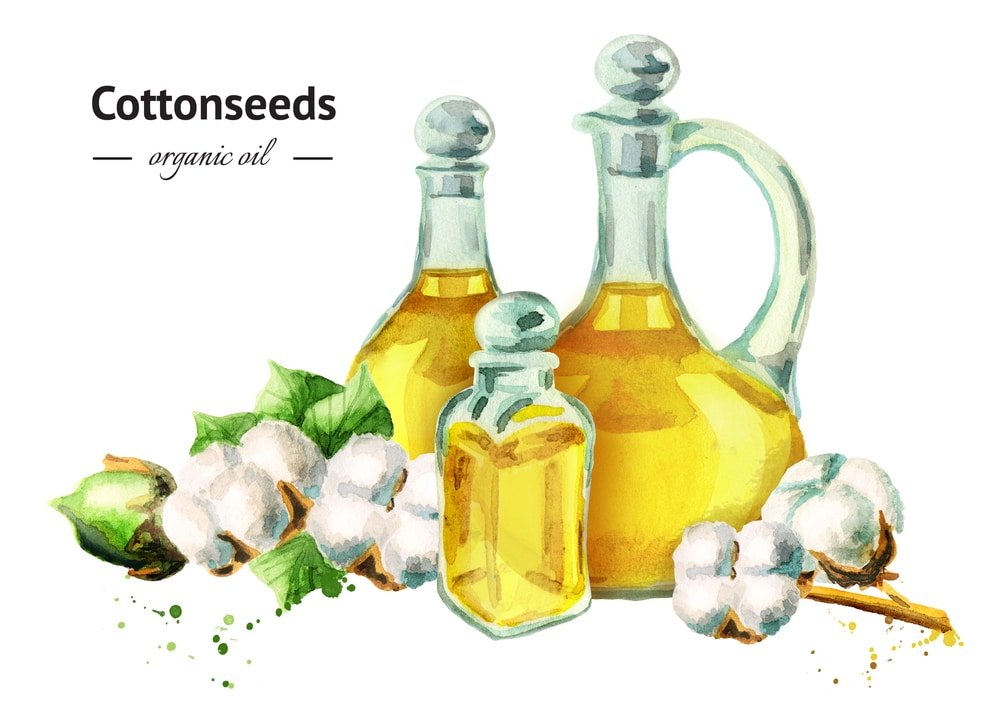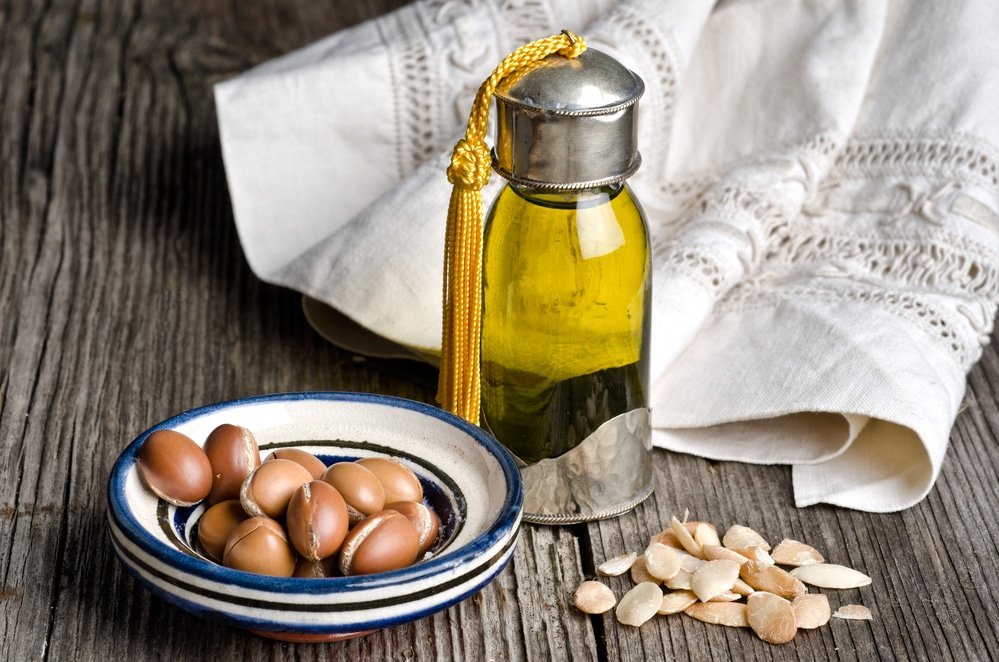Tea Tree Oil health benefits includes reducing underarm odor, useful as insect repellant, a good hand sanitizer, help keep small wounds and cuts clean, promote wound healing and help treat nail infections. Other benefits includes treating acne, managing dandruff, treating athlete’s foot, managing mild ear infection, managing psoriasis and treating sunburn.
What is Tea Tree Oil?
Tea tree oil, known in some areas of the world as melaleuca oil, is obtained from the leaves of a myrtle plant Melaleuca alternifolia, native to regions of Australia. It is as essential oil that possesses a refreshing camphor like smell with its characteristic color ranging from clear to a pale yellow.
In fact, tea tree oil was used as far back as by the native aboriginal inhabitants of Australia, being hailed as a “cure all” remedy, giving testament to the fact that it was miraculous long before it was scientifically studied.
While its use has become increasingly popular in the past 20 years or so, it is important to note that it is not suited for oral use, as it is poisonous. It is currently safe and approved for external use, where it has found favor by being used for its multiple beneficial effects.
13 Amazing Health Benefits of Tea Tree Oil

1. A Moisturizing Hand Sanitizer
How many times per day do you reach for the hand sanitizer to cleanse your hands, only to leave them dry? That is probably due to the primary constituent of hand sanitizer being alcohol, a well-known dehydrating agent. A better option? Using tea tree oil. Tea tree oil possesses anti-microbial properties which kill a wide spectrum of bacteria and viruses we come into contact with daily, including those that cause food poisoning and the flu.
Tea tree oil can be used alone for this purpose, as it is effective, while at the same time being able to moisturize your hands and keep them soft. Smart hand sanitizer manufacturers are beginning to add this ingredient to their product formulations, to offer an improved user experience.
2. Can Function As An Effective Insect Repellant
Besides having anti-microbial properties, tea tree oil is also useful in keeping insect away. One case study involved application of the oil to cows, and observing how well flies were kept away. After 24 hours there was an average 60% reduction if fly density, which is great comparing to many commercially available repellants which lose efficacy in a matter of hours. It is argued that tea tree oil has potency equivalent or superior to DEET, one of the most powerful repellants of our time.



3. Can Help Reduce Underarm Odor
Switching from synthetic deodorants to a more natural alternative is often tough, since many of them fail to appropriately address the issue and can result in awkward encounters of nasty body odor. However, tea tree oil succeeds where many others fail, owing to its anti-bacterial properties. Sweat is odorless, but is often infested with bacteria very soon after excretion. This metabolism causes the awful smell we know of, but can be reduced by controlling the bacterial colonies.
4. Can Help Keep Small Wounds And Cuts Clean
Open wounds and cuts are one of the easiest ways for bacteria to gain direct entry into blood, where they may cause an entire host of untoward effects. However, by covering the open wound with some tea tree oil mixed in a suitable base, such as petroleum jelly or coconut oil, you can form an impervious barrier to bacteria, allowing healing to begin. Apply twice daily after suitable cleaning of the area to protect it around the clock from infection.
5. Promotes Wound Healing As Well
In addition to keeping wounds free from infection, tea tree oil can also speed up healing. For one, it helps to minimize unnecessary inflammatory procedures which may slow down normal healing, but also stimulates the production of immune cells that help along with the healing process. Even if you don’t use tea tree oil for its anti-bacterial property, it is still wise to add some to your topical anti-biotic ointment to speed along the healing process.
6. Helps Treat Fungal Nail Infections
While there are currently several medications available to treat nail infections, many of these carry significant health risks. However, if you prefer a more natural approach, tea tree oil is an excellent place to begin. To apply, it is best to add a few drops of tea tree oil to a base of some sort (most likely coconut oil) and apply twice daily to the base and cuticles of the affected nails. Treatment durations may run well into multiple months, but many people report significant improvement following a 6 month period of usage.
7. Can Be Used For Acne
In recent years, studies have found that applying tea tree oil to the skin and face especially can help to reduce both the frequency and severity of acne breakouts, being an effective as the most common acne medication benzoyl peroxide in treating pimples. This could be due to the antibacterial nature of tea tree oil which allows for significant reduction of bacterial infestation.
8. Can Help Manage Dandruff
isn’t dangerous in any manner, but can be quite unsightly and embarrassing. Luckily, it has been found that tea tree oil can help to control itchiness, production of flakes and even the greasiness that usually occurs. There was found to be an average 40% improvement in symptoms, following addition of tea tree oil to your shampoo. A few drops can also be applied directly to the scalp, since washing daily may be unfeasible for most people.
9. Can Help Treat Athlete’s Foot
Athlete’s foot is a fungal infection primarily affecting the feet, but which may also infect hands, nails and more. While there are anti-fungal medications that exist to treat it, tea tree oil is a safe and effective natural alternative that has a very good success rate. It boasts a cure rate of over 70%, but in cases of refractive infection, it still is able to control symptoms of the infection, even though it may not have cured it. To apply, you can either mix into a base of coconut oil or petroleum jelly, or make a paste with baking soda and use twice daily.
10. Has Expectorant Qualities
Though you cannot drink tea tree oil, it still has some medicinal qualities when inhaled. Being an essential volatile oil, you can massage on the chest along in a petroleum base with camphor and peppermint oil, or menthol crystals, and let the natural decongestant properties work to break up mucus and nasal congestion.
11. Can Help Manage Cure Mild Ear Infections
Ear infections can be caused by bacteria or fungi, in which case tea tree oil is well suited for both. Though we do not advocate its usage in cases where there is visible pus-like discharge from the ears (as you will require anti-biotics), it can effectively be used to treat minor itching or ear infections that accompany the common cold.
12. Can Help Treat Sunburn
Sunburn can be a painful condition, but can be managed by application of soothing anti-inflammatory agents, such as tea tree oil. The moisturizing nature of it helps prevent further excessive water loss, and its anti-inflammatory properties help to soothe tender red skin. Just do not apply to visibly broken skin, as you do not want too much getting into blood.
13. Can Help Manage Psoriasis
Psoriasis is an auto immune disorder that caused rapid shedding of skin, forcing immature skin cells to migrate to the surface to replace those lost. That rapid loss sometimes leads to accumulation at specific areas, causing that classic white plaques. Anti-inflammatory agents help relieve psoriasis as they slow down the rate of migration of these cells, and also relieve itchiness and tenderness that accompany. Apply twice daily or as needed to affected areas.
Conclusion
Tea tree oil is useful for a myriad of external skin conditions, but can also be exploited for its volatile oils, such as is evident in relieving chest and nasal congestion. Just be wary not to consume tea tree oil, as not everything is better when ingested!



Join the 7‑Day “Better Gut” Plan
Pop in your email and we’ll send Lesson 1 + the printable list.







